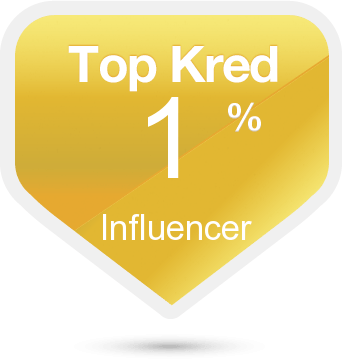Understanding What Drives Your Prospect
by Guest Blogger, Marichiel Ewert
Smooth Sale Note: Given the importance of understanding your prospective Hiring Manager to secure the new job or your prospective client is of utmost importance. For this reason, we have agreed to Ms. Ewert’s blog. Be certain to visit the Good Term and Trinity Ewert sites too (links at the bottom). May you find this valuable!
While everyone is different, typically people fall into one of four categories. As an awesome salesperson, it would behoove you to understand WHO exactly you’re dealing with before pitching anything to them. No one wants to hear a generic, scripted message. Take the time out to get good at reading people and cater your message to what their needs and wants are. Understanding people at a deeper level and understanding what drives THEM will help you establish better relationships. Mastering the art of reading people fairly quickly will help you establish rapport, increase your conversions, and overall be more likeable. Remember: most of the time people don’t buy into a product. They buy into YOU. (I was recently reminded of this by Elinor Stutz. Thank you Elinor!).
Here’s a brief breakdown of the four prospect types:
The BOTTOM LINE prospect
This person is driven by results. They like to be communicated to in bullets. They want you to get to the point, and get to the point quickly. As you speak to them, they’ll be mentally jotting down bullets. If it isn’t a fact, they most likely won’t be mentally taking note of it. So don’t dance around the answers or add any fluff. They tend to see those things as irrelevant anyways. When talking with them, don’t compete, intimidate, or be condescending. Keep it short and simple. You’ll know you’re dealing with a BOTTOM LINE prospect because they tend to be short and don’t bother with small talk.
The PROCESS prospect
This person is driven by data and information. They like to be communicated to by giving them every single piece of information, minor details, (forwards, backwards, and sideways), including who, what, when, where, and how. They want to be in control of the process, analyze, and over-analyze. You need to show them that you are competent and be complete with details. Be patient with them and don’t be too pushy. You’ll know you’re dealing with a PROCESS prospect because they tend to be quiet. They don’t ask a lot of questions because they do their own research. They’re usually serious, although I’ve known these types of prospects to have great sense of humors!
The RELATIONSHIP prospect
This person is driven by relationships. They like to be communicated to with equity and fairness. They’re all about openness and trust and want you to share your feelings. Your true feelings. Their focus tends to be on people. Really listen to them and don’t drive your agenda. Slow down and be patient. Let them be in control and emphasize how your product benefits people and relationships. You’ll know you’re dealing with a RELATIONSHIP prospect because they are super nice and fun to be around. They might ask more questions about you and your family as opposed to your product.
The CREATIVE prospect
This person is driven by change. They are our visionaries and extremely creative. They think outside of the box and focus on the bigger picture. They tend to be long-winded but don’t shoot down their ideas, interrupt, or be self-serving. Praise their ideas. You’ll know you’re dealing with a CREATIVE prospect because they are energetic, talkative, might lack focus and ‘be all over the place’ when talking. They have tons of friends and love a party.
Which category do you fit into and how do you tend to communicate? While you may communicate a certain way, your prospect may prefer to be communicated to in a different way. Get good at reading people and figuring out what drives them. You can then communicate with them accordingly and more effectively. This is a very general guideline. You’d be surprised but some of us actually cross over into a different type of prospect if we are under stress!
*Marichiel Ewert is the owner of Good Terms and founder of the Trinity Ewert Foundation.








